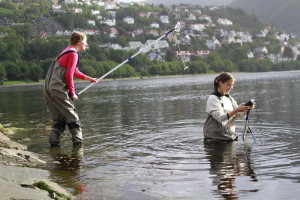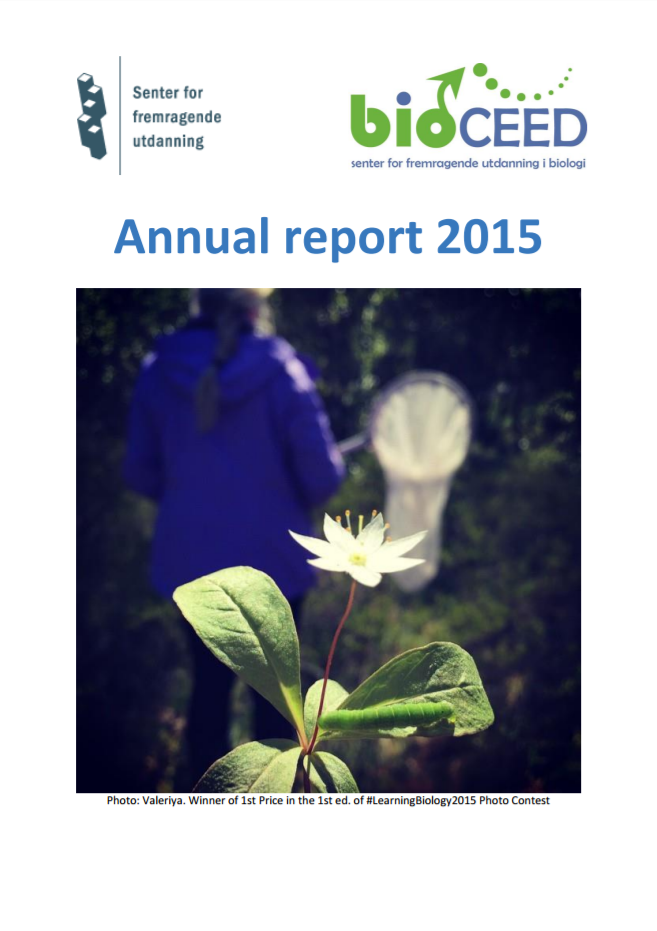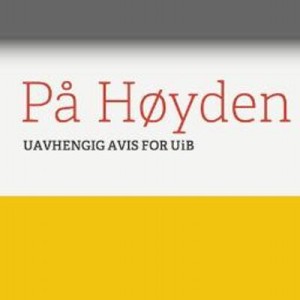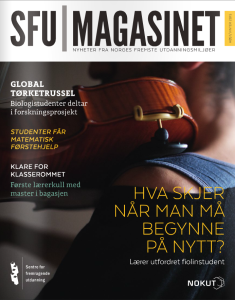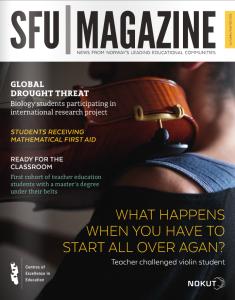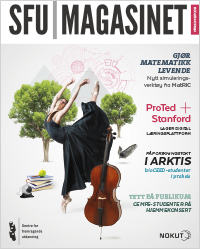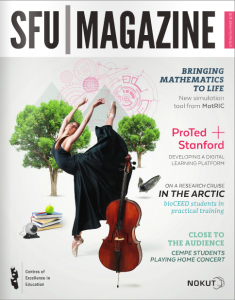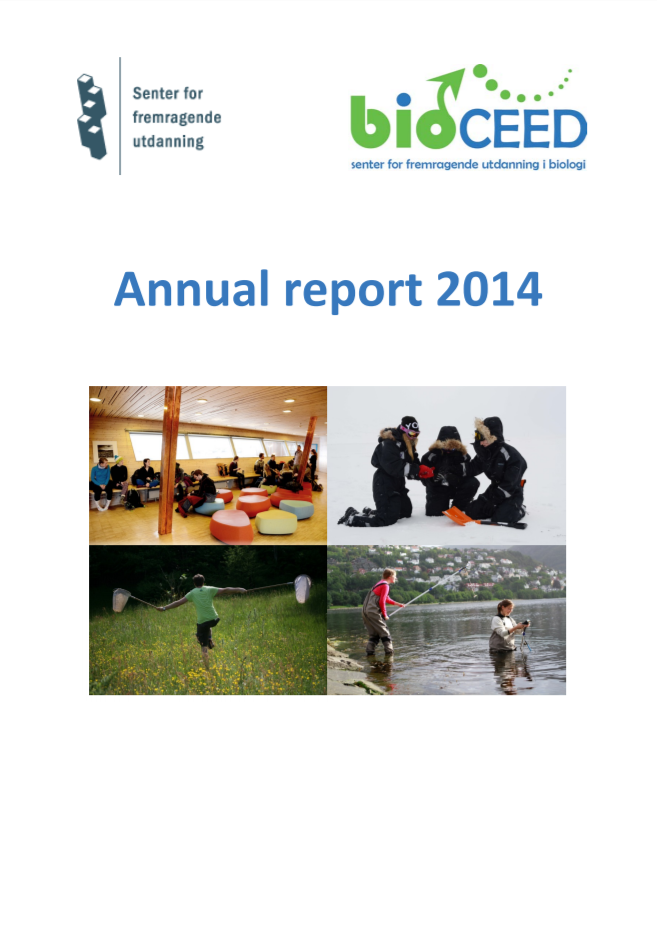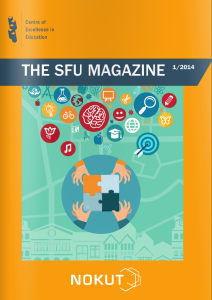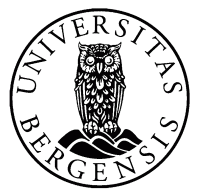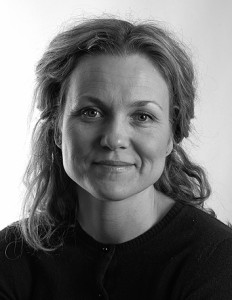We’re in the digital age, if it’s not online it doesn’t exist.
The applications of social media beyond the social scene are evident for those using any one of the numerous sites to network. Although, keeping up with recent trends and the norms of online communication become more and more difficult, increasing the risk of ending up as a “technological fossil“.
From an educational standpoint, it is no longer good enough to provide lectures and post content on the student-web. Social media provide unique ways to interact and share content with students that would be considered nontraditional based on “normal” teaching etiquette, but when used right can become an invaluable tool in educator-student interactions.
In collaboration with British professors Anson Mackay (UCL) and Jon Tennant (ICL), bioCEED hosted a workshop on the applications of “Social Media in Biology Education” in October 2014, discussing a wide range of topics including the potential of different social media in courses and course teaching, alternative evaluation methods and how you as an educator can approach the social media world without getting overwhelmed from the start. Below is a summary from Anson and Jon’s presentations and from the discussion that followed.
Top tips for getting started with social media in education and academia as a whole:
- It’s not as hard as you would think!
- Consider what you want to use your profile for: Private, academic or both. Be aware that what you say is public, available for everybody to see
- Challenges associated with social media can be time constraints and distractions: do not expect a revolution from day 1 – feel your way forward and see what works best for you
- Check employer policies, and read up on licensing issues before posting anything
- Think of it as “progressive procrastination” rather than a time sink
- Have fun!
Suggestions on how to involve social media in education:
- Meet shy students by allowing them to “tweet you their question” and answer after the break.
- Create a Facebook group for your course, allowing easy communication with students and allows easy sharing of curriculum relevant material (but consider #4).
- Introduce blogging as a more dynamic form of coursework. It encourages active students and interactivity between students, lecturers and the outside world.
- Start your own research blog, allowing you to create a bigger impact and engage a wider audience.
Sites to check out: twitter.com, wordpress.com, flickr.com, impactstory.org, facebook.com, pinterest.com
Thanks to Anson Mackay, Jon Tennant, Torstein Hole and those attending the workshop for contributing notes and thoughts that this post is based on.
 The following article, including aninterview with Lucas Jeno, was published in Sunnmørsposten:
The following article, including aninterview with Lucas Jeno, was published in Sunnmørsposten:


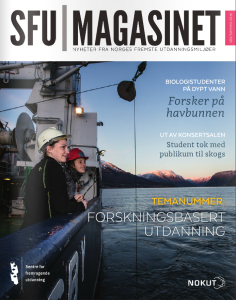
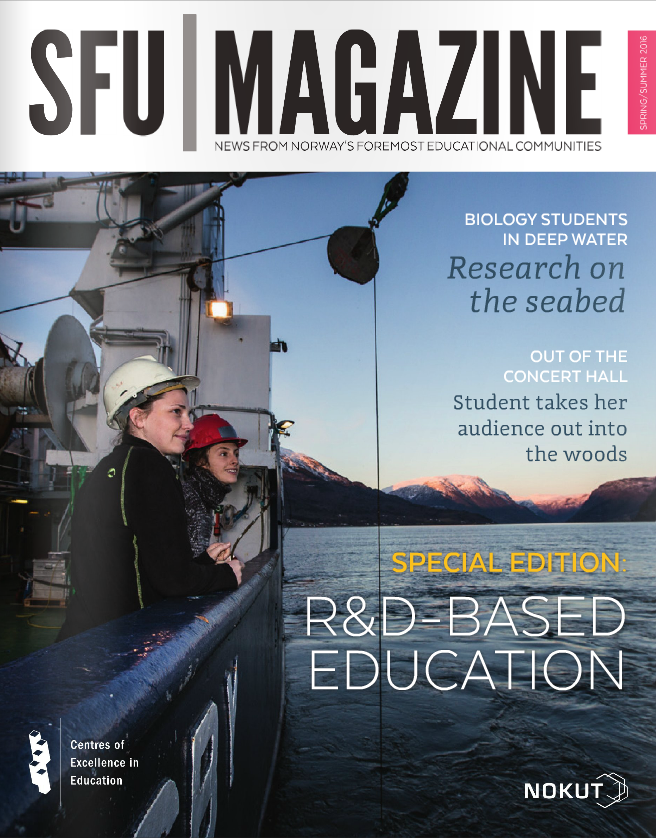










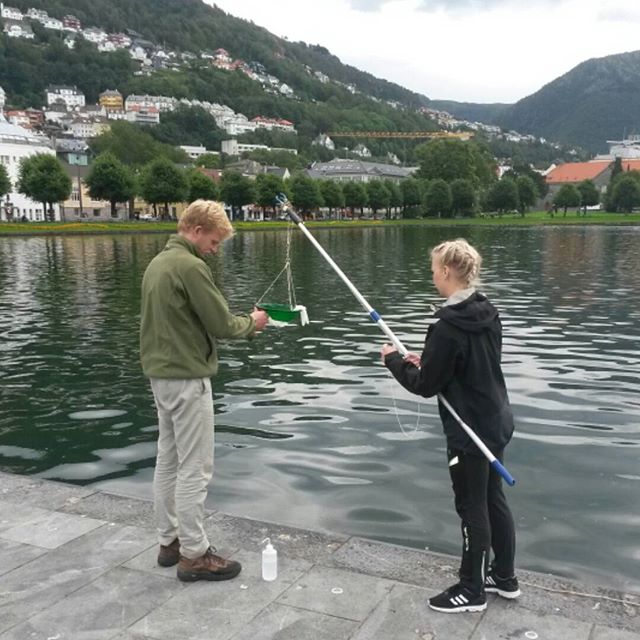
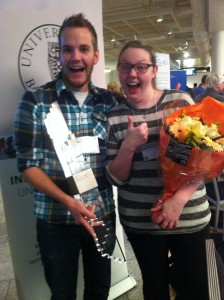 bioCEED er et Senter for fremragende utdanning (SFU) innen fagområdet biologi og er et samarbeid mellom
bioCEED er et Senter for fremragende utdanning (SFU) innen fagområdet biologi og er et samarbeid mellom 


